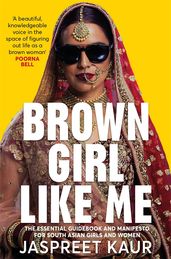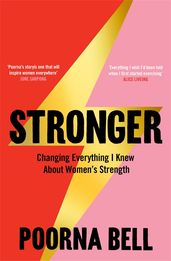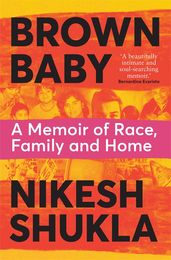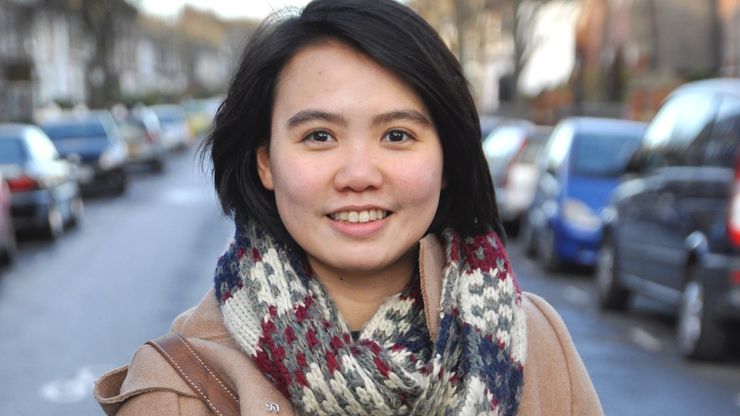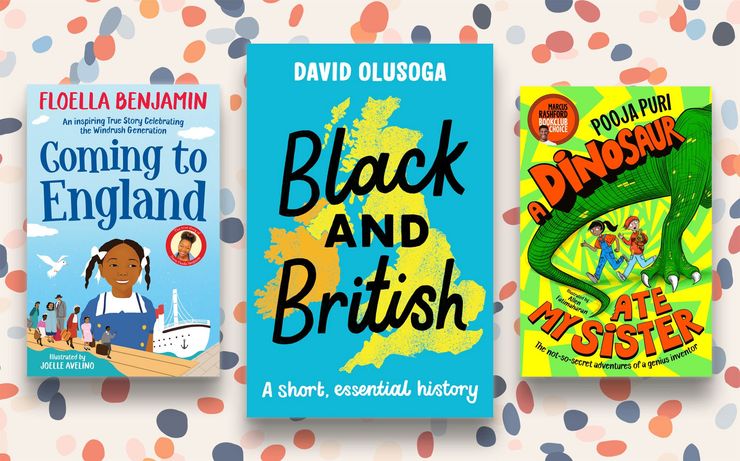Bad Form on the books they wish they'd had growing up
Harshita Lalwani of Bad Form – an award-winning books magazine by and about writers of colour – reimagines her ideal childhood reading list, and the South Asian books she wishes she'd grown up reading.
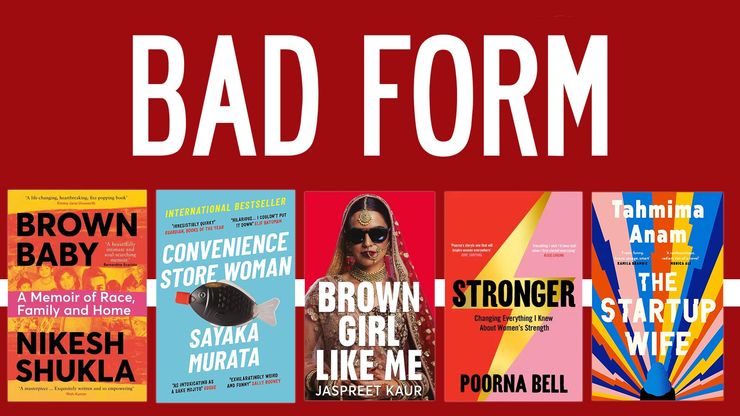
Despite growing up South Asian in South Asia, I can only recall a handful of South Asian authors ever making it onto my bookshelf. As a child, I certainly had access to picture books and children’s stories with kids who looked like me but as I got older my reading pile consisted of Roald Dahl, Enid Blyton, Charles Dickens, Mark Twain and many other British and American white authors. The canon of children's classics in India was still predominantly white and my school only ever let us access certain shelves by the grade that we were in and if there ever were any Indian authors on those shelves they were predominantly retellings of Indian mythologies.
As I entered my early and late teens, I certainly was reading books by some Indian or South Asian authors but the ratio was still skewed with more Western white authors occupying the space on my bedside table. If I cite one of the reasons for this to be leftover colonial attitudes of Western supremacy you’re going to think that that’s a stretch. But here’s why it most certainly isn’t. The libraries and bookshops I frequented as a child and teen would have a separate section for Indian authors in the back of the shop. More often than not, new releases from Jeffrey Archer or J.K. Rowling would get book displays with new releases from Indian authors being shoved onto the new releases shelf with Western authors. Black or South East Asian authors were a rarity and you could only find Tony Morrison or Chinua Achebe on the classics shelf.
‘Britain’s GCSE curriculum is not at all reflective of the communities of colour that live here.’
Whenever I spoke about canonical Indian authors, such as Sudha Murty, with relatives or friends they would instantly say something on the lines of ‘Yes, but their novels in English are not as good as native English speaker’s novels.’ So if India was so far stuck in its colonial ways of judging an Indian author’s book by its quality of English, then where does Britain stand? I can’t speak for what it was like growing up in this country and not consuming books written by members of other diaspora but I can say that Britain’s GCSE curriculum is not at all reflective of the communities of colour that live here.
I’m not going to preface this list with why representation matters because I don’t think it’s something that needs to be debated, it simply needs to be acted upon. I have always synonymised reading with devouring, with consuming knowledge that I was otherwise unaware of and there are so many books from the South Asian, East Asian and South East Asian diaspora that reflect a small piece of my heritage or present me with upbringings, values, traditions and experiences that are entirely unfamiliar yet fascinating. Here are some books that I wish I had grown up reading while also being grateful that I can now access these stories:
Brown Girl Like Me
by Jaspreet Kaur
The perfect title to kick off this list. Besides being a highly-anticipated release this spring, this is hands down one of my favourite covers of this year. Kaur looks like a total rebel and I feel like this book can only be read while a playlist of Punjabi hits plays in the background. Part manifesto and part memoir, this book is the definitive guide to navigating feminism, mental health, microaggressions at the workplace and misogyny for South Asian women. But it’s also more than that – it’s a snapshot of life for South Asian women in Britain while inviting a larger conversation on intersectionality. So, get your bhangra on and be inspired by Kaur’s debut which should go on to become canonical reading.
Stronger
by Poorna Bell
This list would be incomplete without Stronger by Poorna Bell. Much like Bell, I too was picked last for sports activities (that itself should tell you how acquainted I am with anything even remotely athletic) and always believed that being physically strong was beyond my remit. Women generally speaking are believed to be the weaker sex, but Bell calls bullshit on this statement and redefines physical strength without bringing gender into it.
More than a weight-lifting guide, the book is interwoven with Bell’s experience with grief and how that motivated her to get into weight-lifting in the first place. She also reminds us that to be physically strong is also to be emotionally strong. Rediscover your inner and physical strength today with Stronger!
Brown Baby
by Nikesh Shukla
One of the definitive books to read on the experience of being South Asian in Britain. Shukla’s memoir stands out to me for the way he introspects the process of raising his daughters in a country that is both multicultural but not devoid of the stains of fascism and nationalism. Shukla pens down the existential questions we often encounter due to climate change, the pandemic, basically the hot mess that is planet Earth in the 21st century without leaving you despairing. I think the best memoirs are personal, funny, relatable and imbued with words that hit home. Brown Baby ticks each and every one of these boxes.
The Startup Wife
by Tahmima Anam
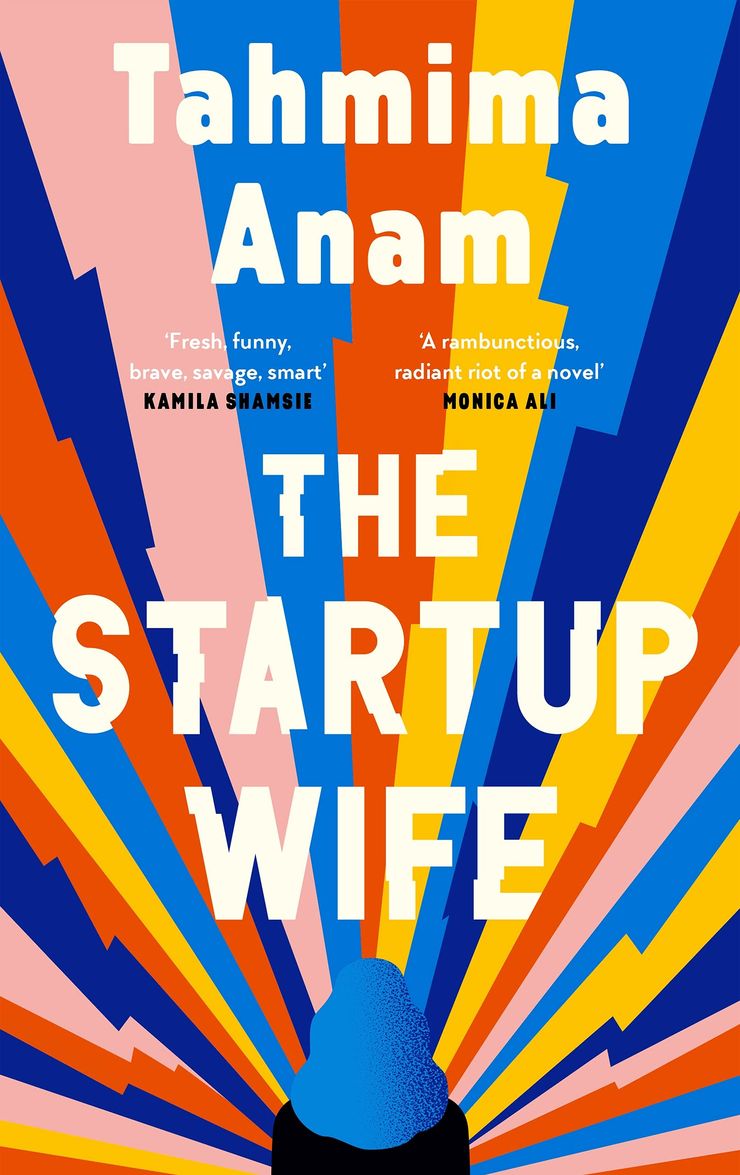
Without a doubt one of my favourite reads of 2021. To begin with, this is one of the very few books that features a central female protagonist working in STEM and killing it. PhD student and computer scientist Asha meets Cyrus, and their whirlwind romance leads to them being not only spouses but also business partners. An intersection of religion, technology, romance and feminism, this book is an eye-opening read on the relationship dynamics of spouses who also work together. It also references a lot of delicious Bangladeshi dishes and must be read with a samosa or two in hand.
Convenience Store Woman
by Sayaka Murata
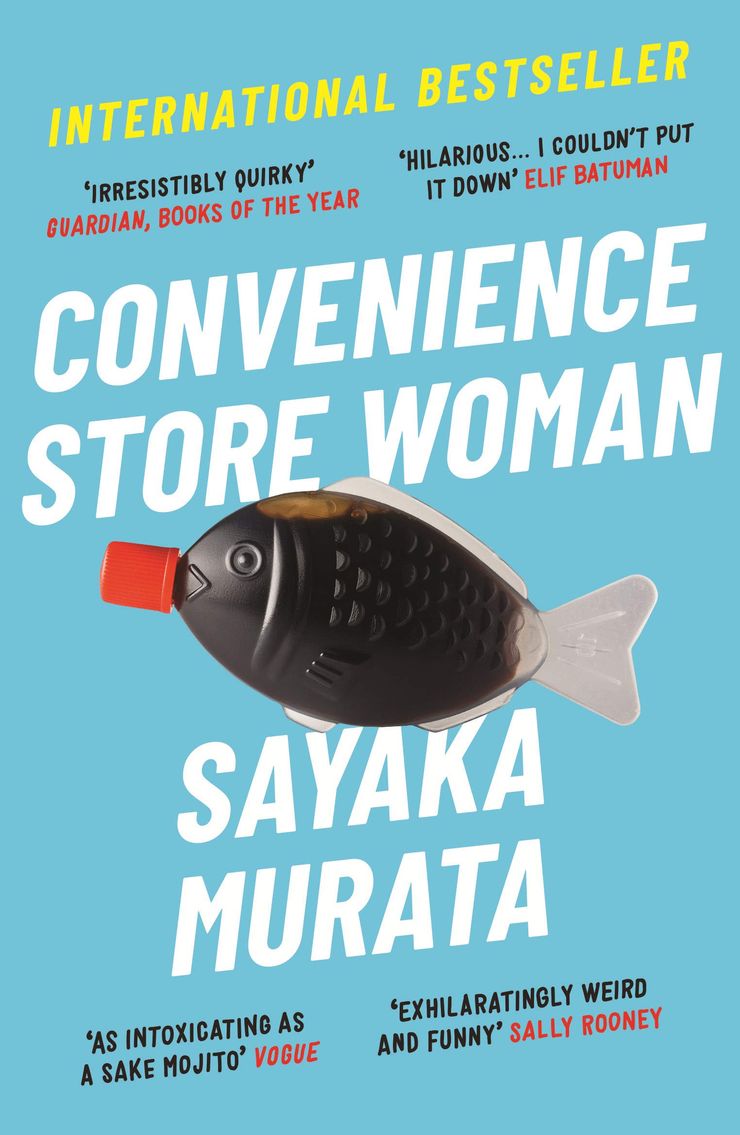
Perhaps the odd book out in this list but in quintessential Keiko fashion, this is exactly why it belongs here. Keiko is an employee at a convenience store and besides her surprising dedication to the mundanity of a convenience store she doesn’t have much going on in her life. Her family and friends all want her to settle down, be more social, to have children but Keiko’s true happiness lies within the metro-boulot-dodo routine of the convenience store. Keiko’s rejection of her community’s expectations is a reminder that as minorities we are often pigeonholed into stereotypes and cultural moulds, and odd as this book may be, it also shows us that individuality persists for another day.
